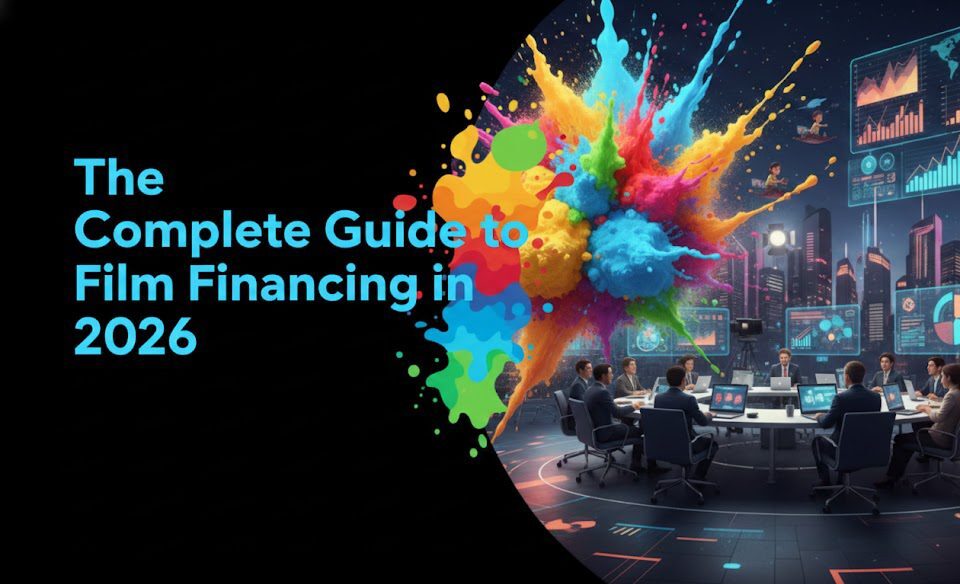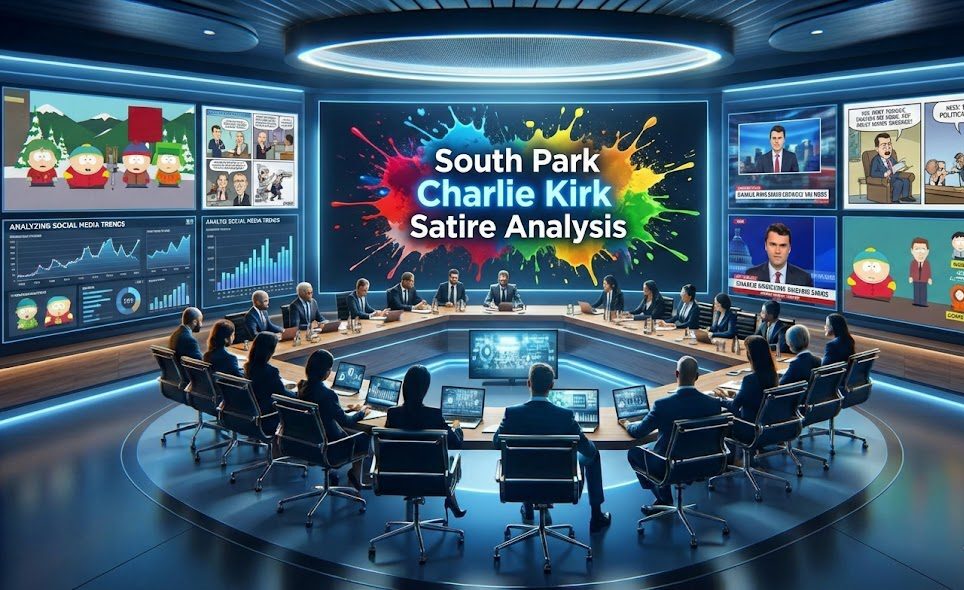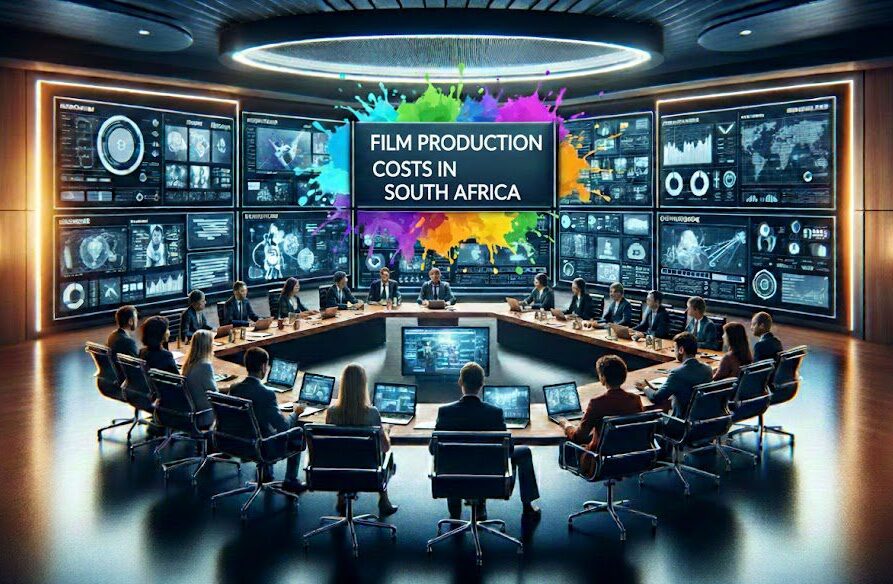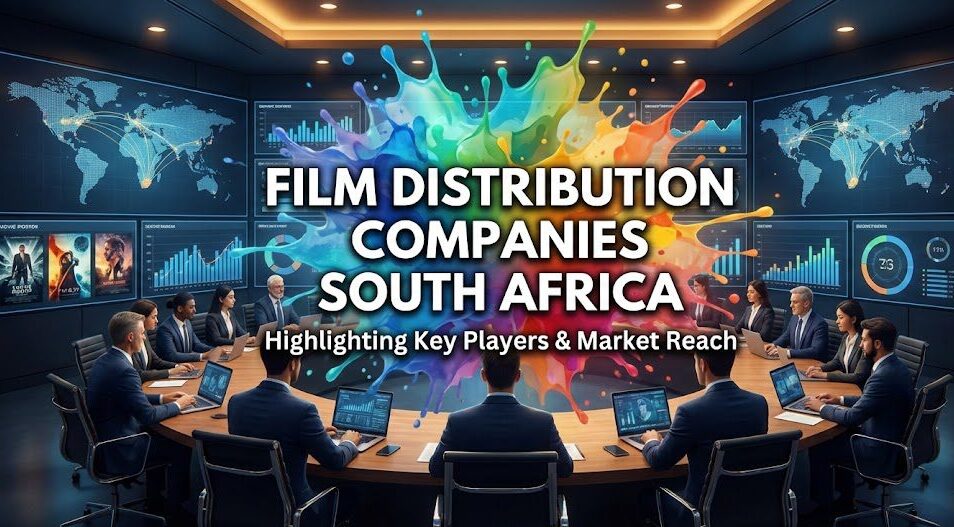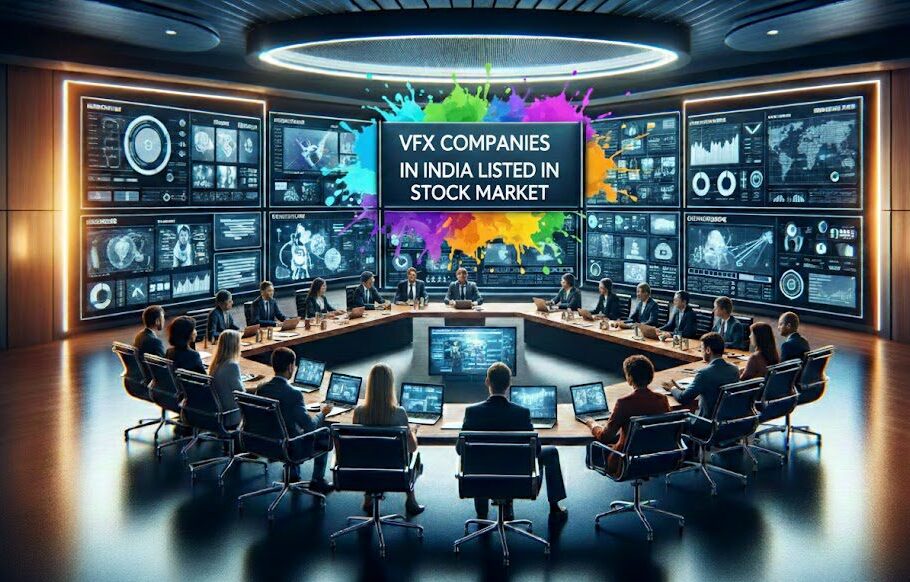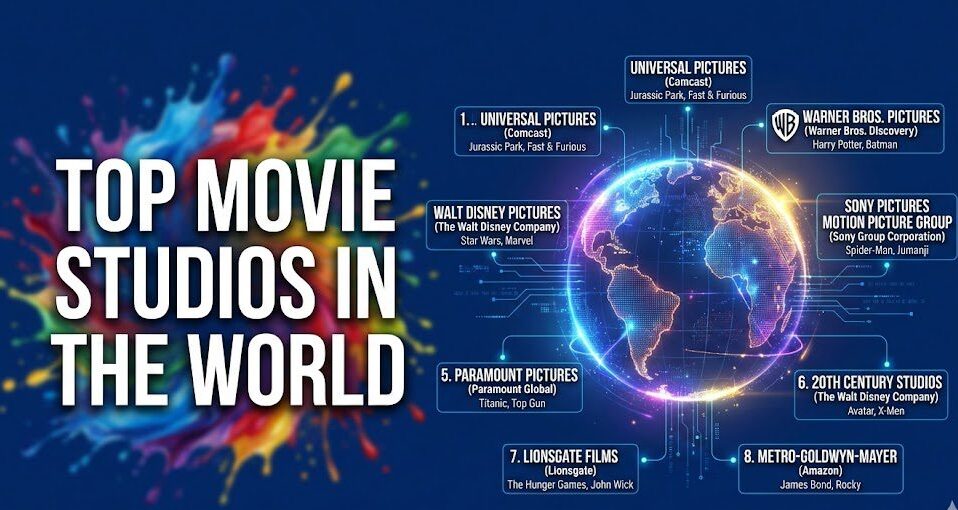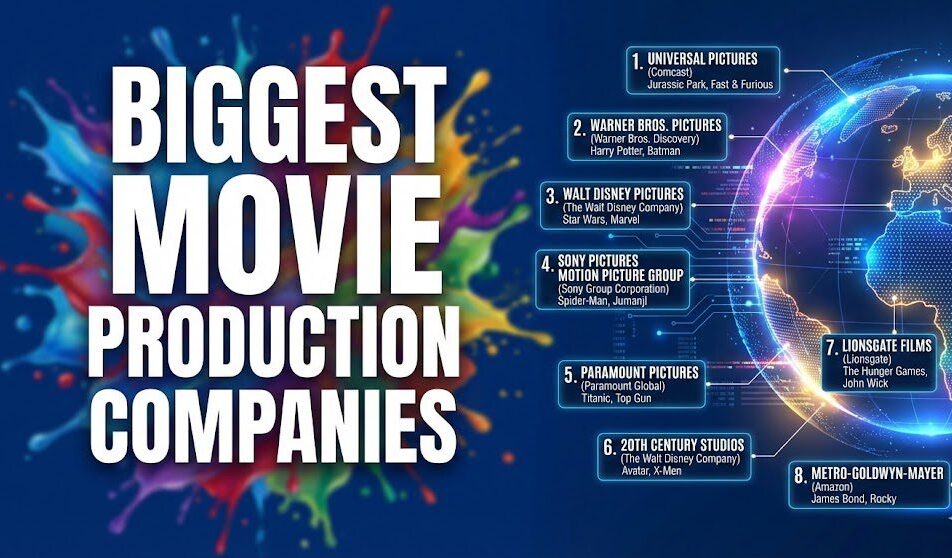Introduction
The world of film and television thrives on strategic partnerships, and Production Deals are at the heart of bringing creative visions to life. But what exactly is a production deal? How do studios, financiers, and production companies collaborate to develop and produce content? Whether you’re a content creator, producer, distributor, or financier, understanding how these agreements work can help you navigate the industry, secure the right partners, and make informed decisions.
In this article, we’ll break down the essential aspects of production deals, including:
- The different types of production deals
- How these agreements are structured
- The key players involved
- The benefits and challenges of securing a deal
- How Vitrina can help you find the right partners and projects
Let’s dive into the world of production deals and explore how they shape the entertainment industry.
What is a Production Deal?
A Production Deal is a formal agreement between studios, production companies, financiers, or distributors to develop, finance, and produce films or television shows. These deals outline responsibilities, financial commitments, creative control, and revenue-sharing models between the involved parties.
A production deal serves as a blueprint for how a project moves from concept to distribution. It ensures that all stakeholders—producers, financiers, distributors, and talent—are aligned on project goals, timelines, and budget.
Why Do Production Deals Matter?
- They secure financing and resources for production.
- They define roles and responsibilities among stakeholders.
- They protect creative and financial interests of all parties.
- They facilitate smooth execution from development to distribution.
Types of Production Deals in Film & TV
There are several types of production deals, each tailored to different business models and creative collaborations.
1. First-Look Deals
- A producer or company agrees to give a studio or distributor the first option to acquire or finance their projects.
- Common in major studios and streaming platforms like Netflix, Warner Bros., and Disney.
2. Overall Deals
- Studios provide financial support to a producer, director, or production company to develop multiple projects over a set period.
- Used to secure exclusive talent partnerships (e.g., Shonda Rhimes’ deal with Netflix).
3. Co-Production Agreements
- Two or more production companies or financiers share costs, risks, and profits of a project.
- Common in international film production for accessing regional incentives and tax benefits.
4. Distribution-First Deals
- A distributor commits to releasing a film before production begins, helping secure financing.
- Often used for independent films and niche genres.
5. Equity Financing Deals
- Investors provide funding in exchange for a stake in the film’s revenue.
- Ideal for films with high commercial potential.
How a Production Deal Works
A production deal typically follows these key steps:
- Concept Development – The production company or creator pitches an idea to a studio, financier, or distributor.
- Negotiation & Agreement – Stakeholders agree on financial terms, ownership rights, and creative control.
- Pre-Production – Budgeting, casting, and scheduling are finalized.
- Production & Post-Production – Filming, editing, and final touches take place.
- Distribution & Monetization – The content is marketed and released, generating revenue.
Key Players in a Production Deal
- Studios & Networks – Provide financing, distribution, and marketing.
- Production Companies – Develop, produce, and oversee project execution.
- Financiers & Investors – Provide funding in exchange for revenue participation.
- Distributors & Streamers – Ensure the content reaches global audiences.
- Producers & Directors – Drive the creative vision of the project.
Benefits of a Production Deal
- Financial Security – Ensures guaranteed funding and budget allocation.
- Access to Industry Experts – Enables collaboration with top talent and technical teams.
- Broader Distribution – Helps content reach global audiences.
- Creative Support – Provides backing from experienced producers and studios.
Challenges in Securing a Production Deal
- High Competition – Many projects compete for limited funding and distribution slots.
- Complex Negotiations – Revenue sharing, rights ownership, and control can be contentious.
- Market Risks – Trends shift, affecting profitability and audience demand.
How Vitrina Helps with Production Deals
Vitrina simplifies and accelerates the process of securing production deals by providing:
✅ Access to 80,000+ production houses & financiers across 100+ countries.
✅ Deep company profiles & deal histories to find the right partners.
✅ Daily-tracked Film & TV projects to identify opportunities early.
✅ Verified contacts of key decision-makers to facilitate direct outreach.
With Vitrina, you can discover, qualify, and connect with the right partners faster and more effectively.
Conclusion
Production deals are essential to bringing films and TV shows to life, providing the structure, funding, and partnerships necessary for successful content creation. Understanding the types, processes, and key players in these deals helps producers, financiers, and studios make informed decisions. With Vitrina, you can streamline your search for production partners, financing opportunities, and strategic collaborations in the global entertainment industry.
Frequently Asked Questions
A production deal is an agreement between studios, financiers, and production companies to develop and produce films or TV shows.
They pitch ideas, showcase past work, and negotiate terms based on financing, creative control, and distribution potential.
They give studios priority access to projects from top producers before competitors can acquire them.


























